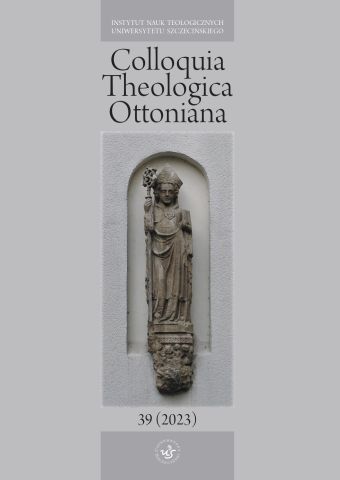Animal Morality. Jerzy Chmurzyński and the Cognitive Ethology View
Animal Morality. Jerzy Chmurzyński and the Cognitive Ethology View
Author(s): Tomasz PerzSubject(s): Philosophy, Ethics / Practical Philosophy, Special Branches of Philosophy
Published by: Wydawnictwo Naukowe Uniwersytetu Szczecińskiego
Keywords: ethology; value; moral-like behaviour; animal abilities
Summary/Abstract: In this article, I discuss Polish entomologist, philosopher, and “father of Polish ethology” Jerzy Andrzej Chmurzyński’s views on animal “morality.” I then contrast his views to those of cognitive ethology researchers Marc Bekoff and Frans de Waal. Chmurzyński reflects on the presence of basic ethical values like good and evil in animal behaviour. He then formulates the notion of biological values. These include homeostasis, fitness maximisation, and welfare. For animals, it is good for animals to attain these values and bad to lack them. Animals do not consciously recognise biological values but can still attain them. Reflexive and unconditioned mechanisms based on motivation are responsible for this process. There are also animal behaviours we admire. Yet, animals cannot be considered moral or immoral because they do not understand abstract concepts of right and wrong, and they cannot make free choices. Chmurzyński thus formulates the notion of moral-like animal behaviour. Some researchers in cognitive ethology reach different conclusions. Bekoff modifies the notion of morality by equating it with pro-social behaviour. De Waal believes that the great apes occupy the lower floor of the “edifice” at the top of which is human morality. Views that grant animals some moral status seem to have both an epistemic and a normative purpose. Assigning animals moral status entails granting them certain rights. It also entails providing them with more protection than would otherwise be the case. In my view, this way of framing animal morality, as presented by cognitive ethologists, rather hinders attempts to understand animal behaviour in the context of ethics. Jerzy Chmurzyński’s formulation of the concept of moral-like phenomena better reveals the specificity of animal behaviour.
Journal: Colloquia Theologica Ottoniana
- Issue Year: 2023
- Issue No: 39
- Page Range: 193-209
- Page Count: 17
- Language: English

